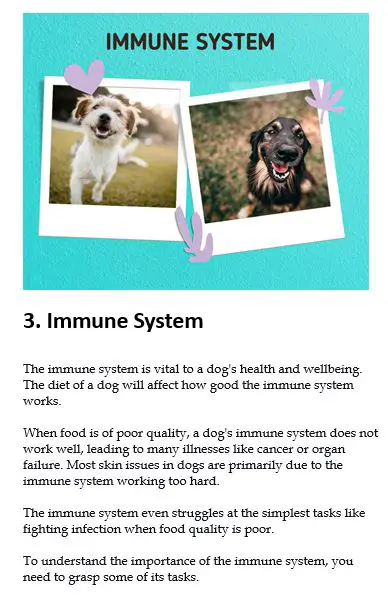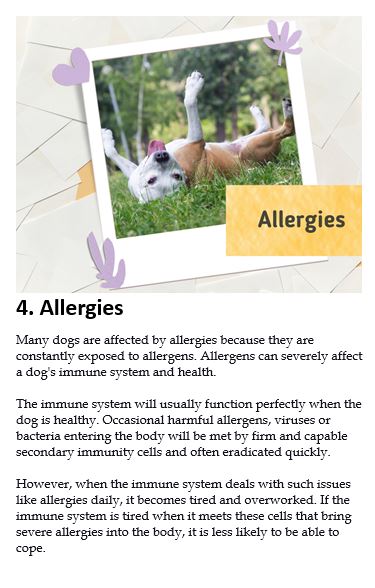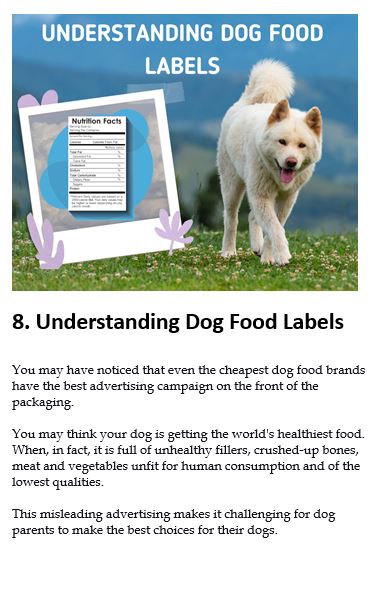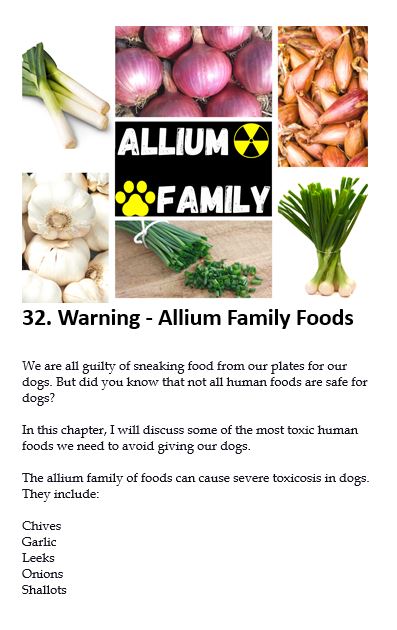This article will discuss whether dogs can eat kale and its benefits. We will also explore the vitamins and minerals in kale that make it a healthy addition to your dog’s diet. Additionally, we will provide tips on how to add kale to your dog’s meals and how to cook it properly. Finally, we will touch upon any potential risks associated with feeding your dog kale so you can ensure they get all the health benefits without any adverse side effects.
Can dogs eat kale? Yes, dogs can eat kale. Kale is a healthy and nutritious addition to your dog’s diet when fed in moderation and prepared correctly. It contains high levels of antioxidants, fibre, vitamin K, vitamin A, vitamin C, and B vitamins and minerals like calcium and iron, which provide numerous health benefits for your furry friend.
It is important not to overfeed your dog with this vegetable or any other high-oxalate foods like spinach or beet greens as they may interfere with calcium absorption leading to kidney stones in some dogs. Additionally, the high fibre content may cause digestive issues such as gas or diarrhoea if introduced too quickly into their diet, so start by adding small amounts of kale gradually until your pet’s system gets used to it.
Kale is a leafy green vegetable that has gained popularity recently due to its numerous health benefits. It is packed with vitamins and minerals, making it an excellent addition to any diet – including your dog’s!
Benefits of Kale for Dogs
Kale contains high levels of antioxidants, which can help prevent cell damage and reduce cancer risk. It also contains fibre, which aids digestion and helps regulate bowel movements. Additionally, kale is rich in vitamin K, which supports bone health and blood clotting.
Vitamins and Minerals Found in Kale
In addition to vitamin K, kale is also a good source of other essential vitamins such as vitamin A (which promotes healthy skin), vitamin C (which boosts the immune system), and B vitamins (which support brain function). Furthermore, kale contains important minerals like calcium (essential for strong bones), iron (crucial for oxygen transport throughout the body) magnesium (necessary for muscle function).
How to Add Kale to Your Dog’s Meals
There are several ways you can add kale to your dog’s meals:
1. Raw: You can chop some raw kale leaves into small pieces or blend them into a smoothie-like consistency before adding them directly to their food bowl.
2. Cooked: If you prefer cooking your dog’s food or have trouble digesting raw vegetables, steaming or boiling chopped-up leaves until soft will make it easier on their digestive system while retaining most nutrients found within this superfood!
3. Dehydrated: Another option would be dehydrating the leaves to become crispy treats that dogs love! This method preserves all nutrients but removes water content, leaving only concentrated goodness perfect as snacks between meals.
Potential Risks When Feeding Your Dog Kale
While there are many benefits associated with feeding your dog kale, there are some things pet owners should keep in mind when introducing this new ingredient into their furry friend’s diet. Firstly, kale contains oxalates which can interfere with calcium absorption and lead to kidney stones in some dogs. Therefore, not overfeeding your dog with this vegetable or other high-oxalate foods like spinach or beet greens is important.
Secondly, kale has a high fibre content that may cause digestive issues such as gas or diarrhoea if introduced too quickly into their diet. To avoid these problems, gradually add small amounts of kale until your pet’s system gets used to it.

Get My Book!
Author: Teresa Milne
Cram-Packed With Information That Matters
Want to know more about dogs and how to look after them nutritionally? If so, I have written a book of my top and most important advice for any dog owner, whether you are new to dog parenting or an existing one. My book will arm you with the tools of knowledge so you can make the best choices for your dog’s health.
The ultimate aim is healthy, happy dogs that live longer with their owners!
- 118 pages long and 43 chapters
- Release date: July 2022
- Written by Canine Nutritionist Educator
- A proud dog mum
Available to buy on Amazon




Conclusion
Kale is an excellent addition to your dog’s diet when fed in moderation and prepared correctly. It provides numerous health benefits while being low in calories, making it perfect for weight management diets! So add some leafy green goodness to your furry friend’s meals today!
